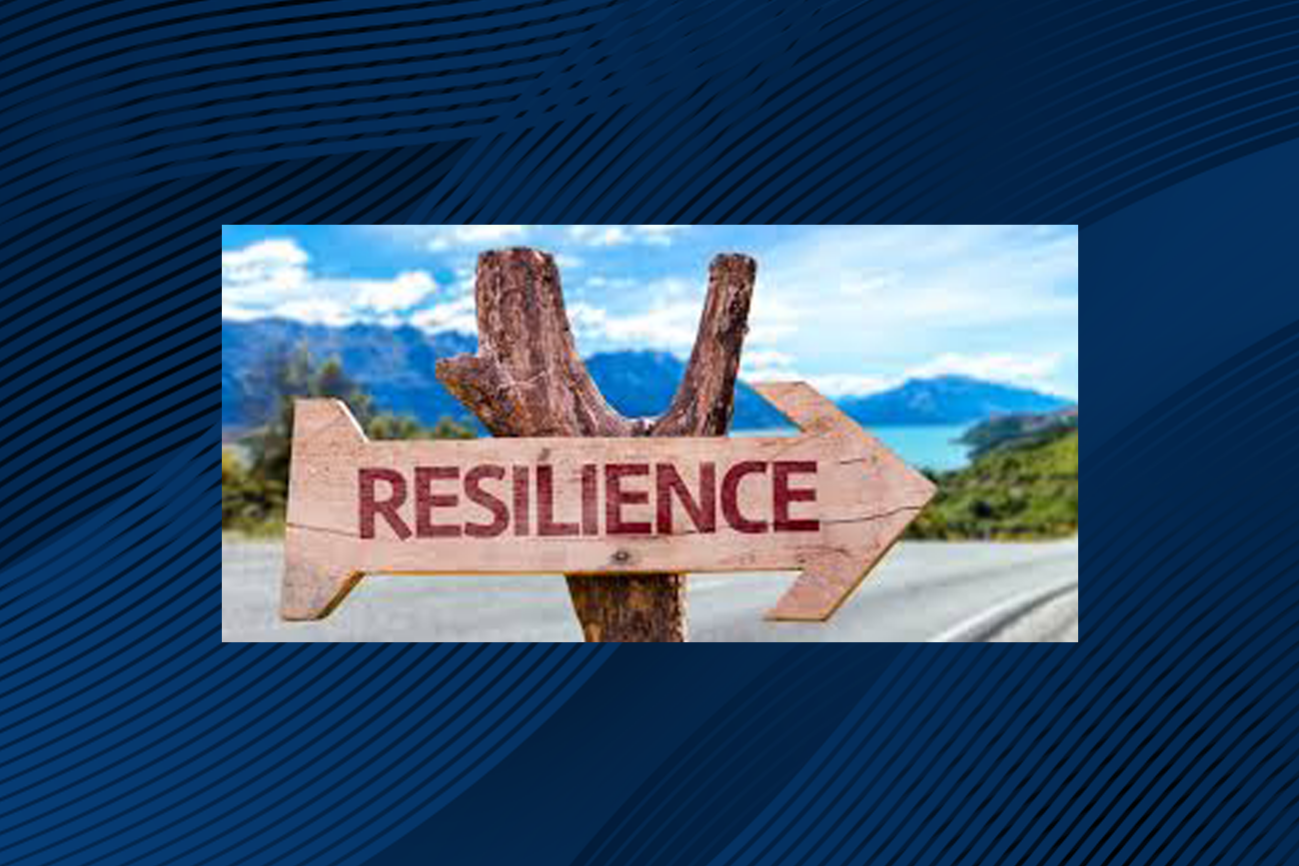In 2020, organizations like credit unions, which are rooted in their communities, have had to confront issues that may not have been part of their 2019 strategic plans, from the pandemic to natural disaster and civil unrest. As Winston Churchill once famously advised, “Never let a good crisis go to waste.” For credit unions, crises can offer opportunities to revisit strategy, refocus vision, and reinforce reputation.
At NWCUA’s Marketing, Business Development & Community Outreach Council last week, Strategic Link partner, ReputationUs, joined the conversation with a presentation titled “Resilience Shapes Reputation.” Casey Boggs and Eileen Korey from the reputation management firm polled attendees to get their thoughts on what may have impacted their credit unions’ reputations in 2020.
Unsurprisingly, the top responses included the health and safety of staff, as well as member retention and attraction.
REPUTATION: PEOPLE, PRODUCTS AND PROCESSES
Reputation is shaped by the way an organization handles its people, the products it offers in response to members’ needs, and the processes set up to manage products and people. In order to assess how employees and members view your credit union, it’s essential to launch a “Listen Campaign,” so you can truly understand what managers, staff, members, vendors, the industry, and others are feeling and thinking.
This process should be implemented through the creation of a Reputation Task Force comprised of individuals with diverse responsibilities. To be clear, this is not a Crisis Response Team. A Reputation Task Force takes the long view, assesses vulnerabilities, addresses issues, and identifies opportunities to strengthen the credit union’s reputation. During ReputationUs’ presentation, one credit union described how the rollout of new products in 2020 got ahead of staff training. This is an great example of the kind of vulnerability that a Reputation Task Force would address before causing organizational stress.
BE THE GUIDE
As credit unions look for ways to strengthen reputation in 2021, responding to new challenges communities are facing will be critical. Credit unions should position themselves as official “guides” to help staff and members navigate uncertainty and change. Fostering this relationship will require strategic communications through multiple channels, including videos, town halls, social media posts, and opportunities for conversation (virtual and otherwise) across all levels of the organization.
The management of reputation, especially during times of political, economic, and social upheaval, should be on the front burner of every credit union’s 2021 playbook. How your credit union reacted to the various crises of 2020, and the resiliency you demonstrated, can lay the foundation for rebuilding or strengthening your reputation moving forward.
ReputationUs stands ready to help Northwest credit unions navigate through the 2021 reputation vulnerabilities and opportunities by offering ongoing support, its Reputation Audit, and any immediate reputation protection needs.








